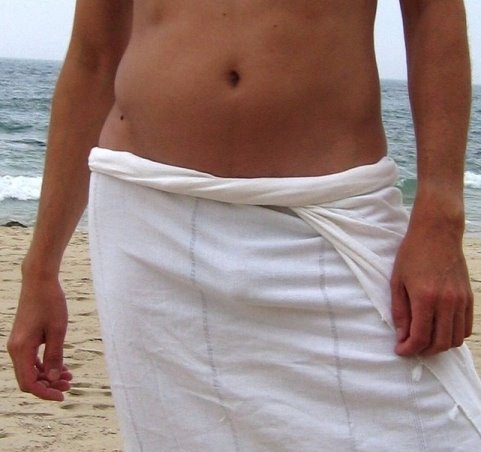Cameroon’s Witch Hunt
For those of us in the United States who (prior to Lawrence v. Texas) had for decades grown accustomed to living with existing sodomy laws that in many cases remained a dead letter, I think that witnessing the aggressive investigation and active prosecution of people suspected of being homosexuals in Cameroon leaves us unnerved, angry, and fearful. There is some consolation in the fact that the U.S. Department of State’s “Country Reports on Human Rights Practices” issued on March 8 cited Cameroon’s “discrimination against homosexuals.” The report also briefly mentioned the recent assaults on transgender people by police in Nepal and the November arrest of more than two dozen allegedly homosexual men by police in the United Arab Emirates city of Abu Dhabi.
The arrest and torture of men suspected of having sex with one another in Cameroon and now the expulsion from colleges and universities of students (mostly women) believed to be gay should not come as a surprise to anyone, shocking though it may be. This is the logical product of the criminalization of same-sex intercourse and extreme intolerance on the part of the governing authorities. Even when such laws aren’t actively enforced, we know that criminalization leads to marginalization. Cameroon has made it clear that it intends to enforce its laws criminalizing homosexual behavior.
However, Cameroon has clearly gone beyond the merely passive enforcement of its laws. What we are witnessing in Cameroon, moreover, is on the same continuum, albeit in a different form, as the kinds of activities we have seen in the United States attempting to bar homosexuals from public life. Those who wish to render homosexuals invisible have many tools at their disposal, ranging from verbal assaults on the media for attempting to normalize and legitimize same-sex love to legislation preventing homosexuals from marrying, becoming adoptive parents, serving in the military, and teaching in public schools.
In some cases, the desire to eliminate homosexuals from public life merges with a desire to eliminate homosexuals altogether. In its more virulent forms, this desire can manifest itself as intimidation, physical attacks, imprisonment, and mass extermination. History has seen all of these at one time or another.
Up to now, Cameroon’s antigay crusade has occurred on a relatively small scale. However, in spite of the limited scope of the government’s program of arrest and intimidation thus far, it appears to have entered a new and more aggressive phase. I don’t know where Cameroon is headed, but I do know that one thing is certain: a society’s criminalization of homosexuality and rabid intolerance on the part of the governing authorities form a dangerous and often lethal combination.
The arrest and torture of men suspected of having sex with one another in Cameroon and now the expulsion from colleges and universities of students (mostly women) believed to be gay should not come as a surprise to anyone, shocking though it may be. This is the logical product of the criminalization of same-sex intercourse and extreme intolerance on the part of the governing authorities. Even when such laws aren’t actively enforced, we know that criminalization leads to marginalization. Cameroon has made it clear that it intends to enforce its laws criminalizing homosexual behavior.
However, Cameroon has clearly gone beyond the merely passive enforcement of its laws. What we are witnessing in Cameroon, moreover, is on the same continuum, albeit in a different form, as the kinds of activities we have seen in the United States attempting to bar homosexuals from public life. Those who wish to render homosexuals invisible have many tools at their disposal, ranging from verbal assaults on the media for attempting to normalize and legitimize same-sex love to legislation preventing homosexuals from marrying, becoming adoptive parents, serving in the military, and teaching in public schools.
In some cases, the desire to eliminate homosexuals from public life merges with a desire to eliminate homosexuals altogether. In its more virulent forms, this desire can manifest itself as intimidation, physical attacks, imprisonment, and mass extermination. History has seen all of these at one time or another.
Up to now, Cameroon’s antigay crusade has occurred on a relatively small scale. However, in spite of the limited scope of the government’s program of arrest and intimidation thus far, it appears to have entered a new and more aggressive phase. I don’t know where Cameroon is headed, but I do know that one thing is certain: a society’s criminalization of homosexuality and rabid intolerance on the part of the governing authorities form a dangerous and often lethal combination.












4 Comments:
BlogMad sent me here. Happy BlogMad Day!
Early in this new millenium, we, the human race, insist on destroying ourselves with deliberate ignorance and intolerance.
Humans have the most highly-developed brain physiology of all the creatures on this beleaguered planet.
Rest in peace.
thanx 4 the info and what a great post!
Well said - you summed up what I'm thinking about all the time.
Post a Comment
<< Home